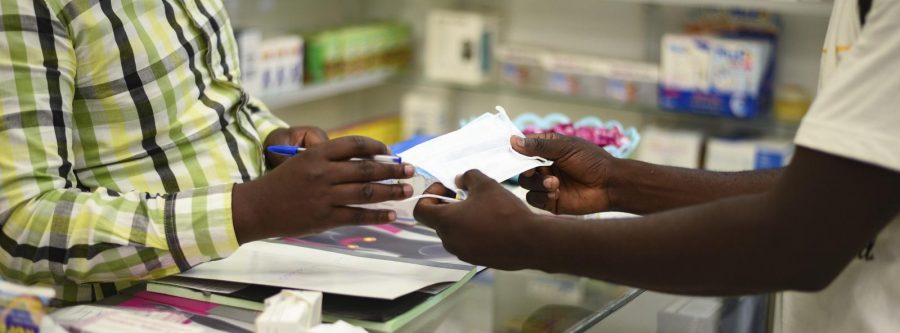Over the past decade, Nigerian startups have popped up with solutions across several sectors from financial services to logistics and agriculture. Increasingly however, its health sector is also coming into focus as startups look to build profitable business around existing gaps in healthcare delivery while also making a lasting impact.
With a shortage of doctors, nurses and hospitals, for Nigerians, like in many other African countries, neighborhood pharmacies play an overwhelmingly key role as their primary point of contact with the local healthcare system.
Lifestores Healthcare, a Lagos-based three-year old startup, is focusing its efforts on primary healthcare delivery—by targeting thousands of local pharmacies and small-scale chemist shops by improving efficiencies in their supply chain.
Local pharmacies face multiple challenges of inefficient supply chains as they are typically run as independent stores, with ordering medicines through middlemen merchants rather than directly from manufacturers. It’s a process that drives up cost without guaranteeing authenticity.
Lifestores’ primary focus is to disrupt these inefficiencies by improving inventory management and purchasing. With its access to drug manufacturers, Lifestores offers business owners an avenue to purchase stock more easily and at cheaper rates by allowing small stores pool their orders. “We want to make sure people are buying from the best source which translates into better costs and better quality,” says Andrew Garza, the chief operating officer.
The startup’s co-founder is Ken Ahaotu, a veteran Nigerian pharmacist who has experienced the challenges of the system as the owner of Oak Pharmacies in Abuja, Nigeria’s capital. But even with that market knowledge the startup spent the first years of its existence running a network of pharmacies to better understand the industry’s major pain points. ”We then used that experience and learning to create a support service for other pharmacies,” says Bryan Mezue, Lifestores’ chief executive.
With its software offerings tested within its network, Lifestores is now pursuing an aggressive partnership model with thousands of pharmacies and chemists across the country, starting in Lagos, Nigeria’s economic nerve center.
That next phase of growth will be fueled by a $1 million seed round led by Lagos-based Consonance Kuramo with participation from the Flying Doctors Nigeria Group, Greentree Syndicate, Altadore Lionbear Capital, Unseen Ventures, StartUp Health Transformer Fund, K50 Ventures, Chinook Capital, Kepple Africa Ventures. The round also saw participation from unnamed angel investors with a background in healthcare.
Lifestores’ investors would likely have been swayed by the early success of a Ghana-based startup that’s focused on reinventing medicine procurement processes for pharmacies. Since being founded in 2013, mPharma has raised over $20 million and built operations in five African countries. In a landmark deal last year, mPharma acquired Kenya’s second-largest pharmacy chain. There’s also marked investor interest in the pharmacy space in Nigeria: in March 2018, Alta Semper Capital backed HealthPlus, a Nigerian pharmacy, with $18 million to expand its retail footprint across West Africa.
For its part, Lifestores is also looking to develop a chain of pharmacies mainly through acquisitions. But partnering with thousands of smaller pharmacies and chemists represents a central part of the current business strategy in Nigeria’s “super-fragmented market,” Mezue says. “Our thesis is that the massive opportunity for transformation in healthcare delivery in Nigeria is finding a way to support these pharmacies to professionalize the whole industry.”


